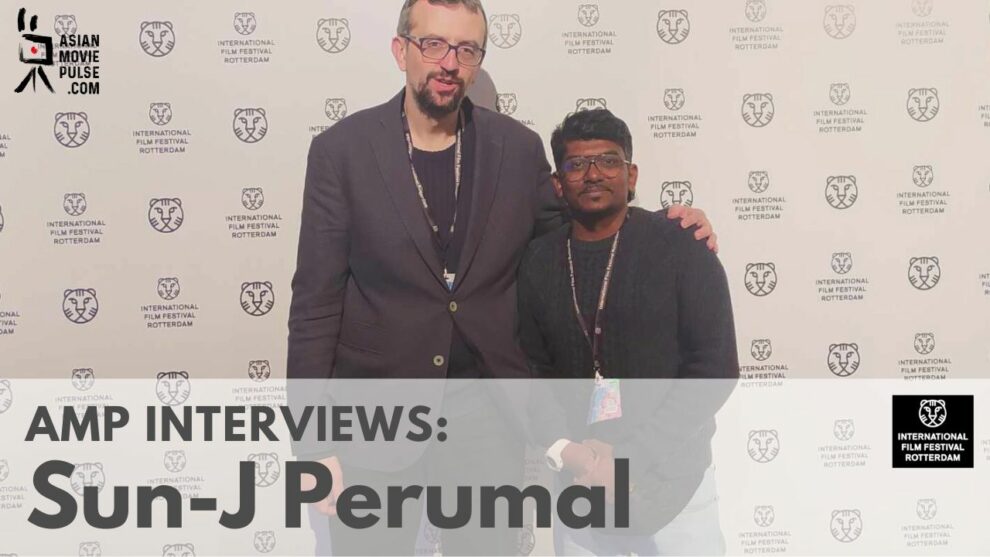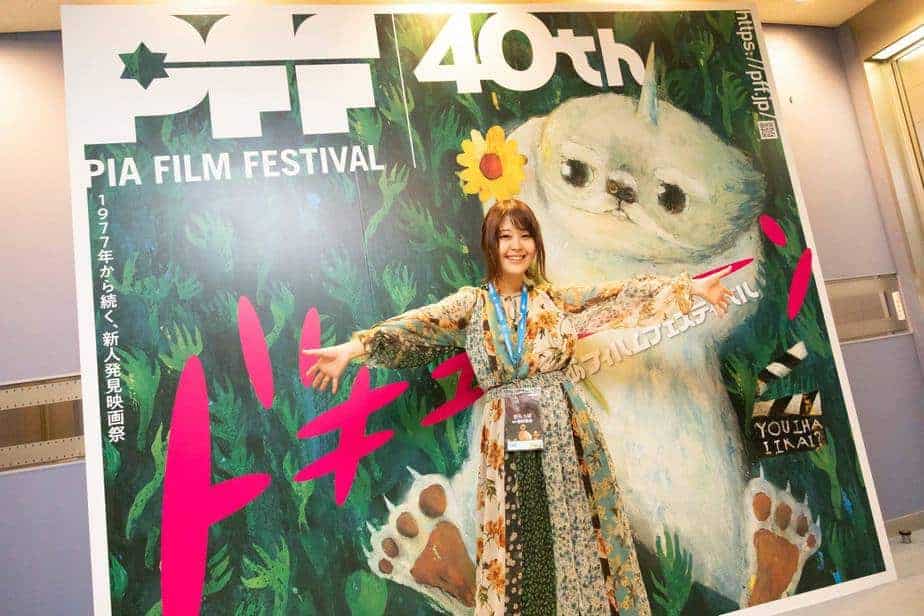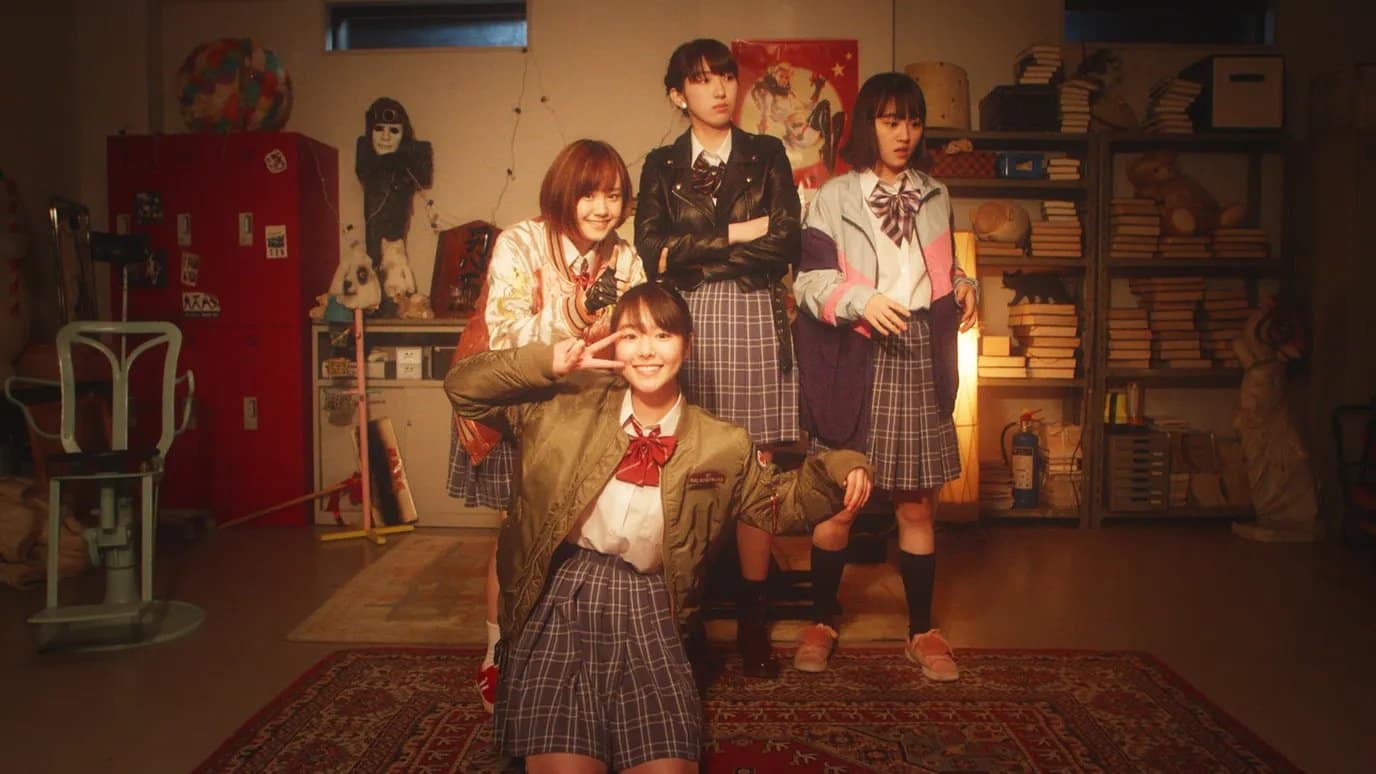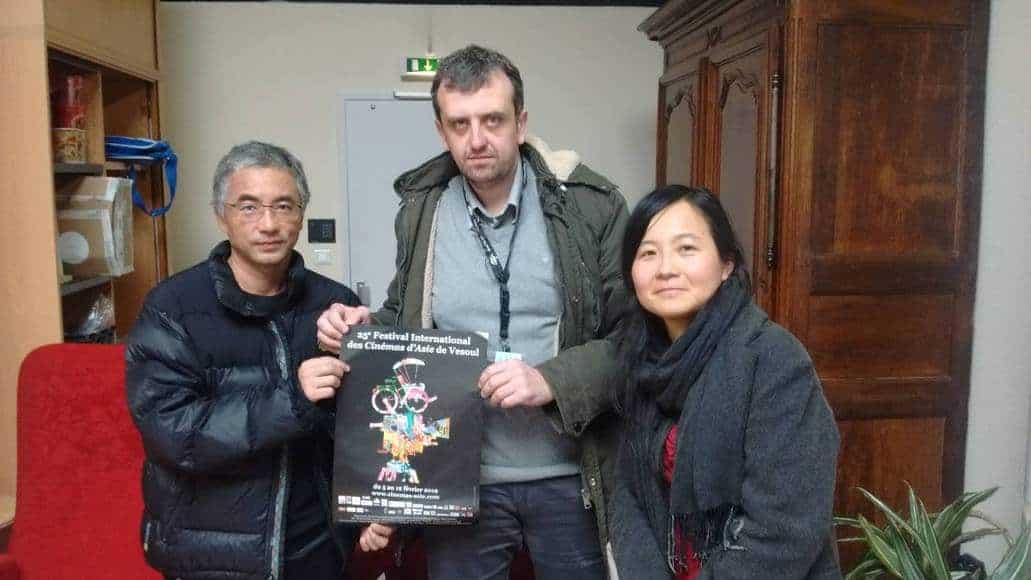Sun-J Perumal (Malaysia) is a writer and director who has been making documentaries, short films, musicals and children's programs for almost 20 years. His cinematic work first came to prominence at IFFR 2007 with his short film Thaipoosam (2006). Permual's first feature film Jagat (2015) was an international success and made history as the first non-Malay language film in 28 years to be awarded best film at the Malaysian Film Festival. Fire on Water (2023), is his second feature film.
On the occasion of “Fire on Water” screening at International Film Festival Rotterdam, we speak with him about the anger in the movie, the gap between “Jagat” and this film, how close to the Tamil Malaysian film industry the events depicted are, casting and cinematography, and other topics.
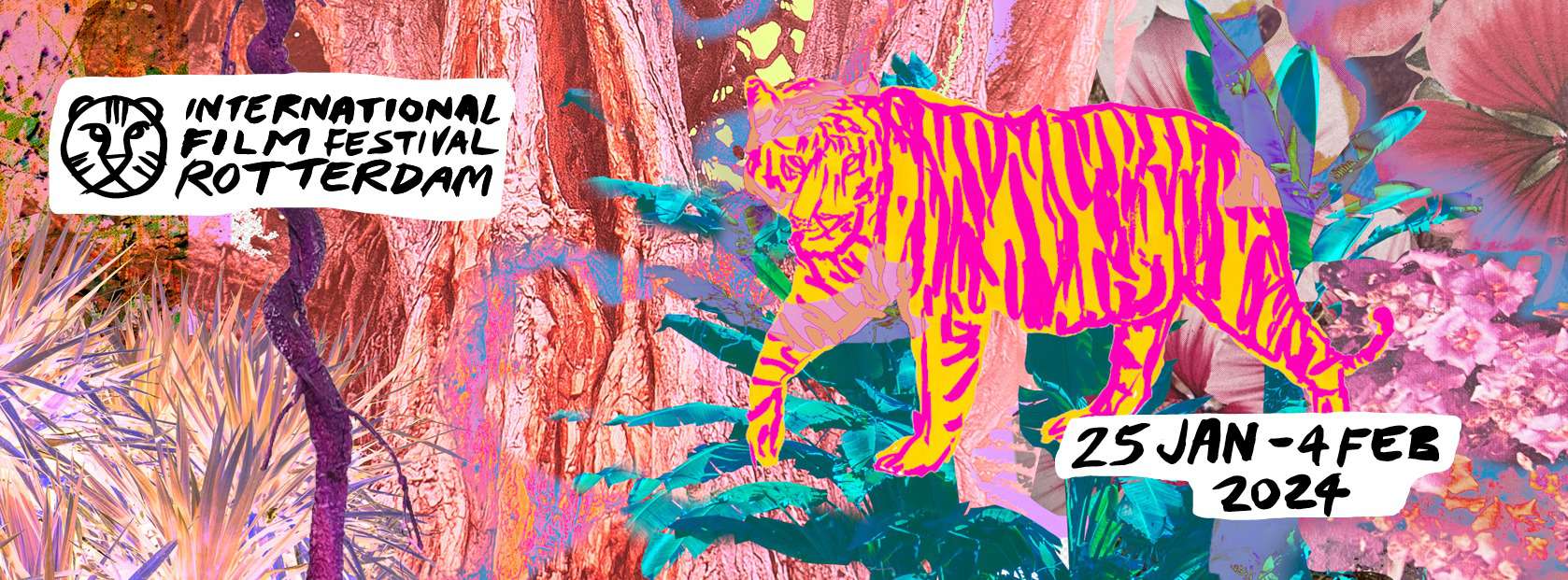
Watching the movie, I got the feeling that you were angry when you were shooting it. Was that the case?
I wrote the script for “Fire on Water” in 2012 and the original draft was much angrier. I wrote the first draft and then I left it and when I revisited it, I understood it was too angry, but I was a different person after 10 years. At the same time, I wanted to stay true to myself, in how I was when I wrote the script and I also thought that the script demands that anger. So what I did was toning it down, and keeping it as passive as possible but also maintaining the anger. In the end, I feel it is all kind of balanced.
What happened between Jagat (2015) and this film?
Immediately after “Jagat”, we were planning a few movies. I was also planning to do a Malay movie, a motor race movie. We developed, were talking to a studio and the studio liked the film, but then I thought that I was not ready for the script, because it is mainstream cinema, but I still want to retain some aesthetics. I couldn't reach a balance between the two so I thought that maybe I should brew the script for a while. Furthermore, in between, I wrote four scripts, I got married, I got a kid so I was focusing on my family a bit and in-between I was developing the four scripts and “Fire on Water” was one of them. I also needed some time, because prior to “Jagat”, I was thinking that “Jagat” was the only thing I wanted to do, so after I finished it, I didn't know what I wanted to do next. I thought that I needed to find my voice again, my perspective again, it has been a soul searching for the past 7 years. Maybe a bit less since Covid came in between. Otherwise, I would have shot “Fire on Water” in 2020 probably.
Check the review of the film
Did having a kid change your perspective towards cinema?
I am not sure, I have not asked this question to myself. It doesn't change my perspective, it probably made me more balanced. I would have been ready to do anything before but now my risk is a bit calculated.
How close to the reality of Tamil Malaysian industry is what we are seeing in the movie?
The reality is that still. Even two weeks ago, I was reading about this one Tamil movie which was funded by the government, but it did not have a good run in the cinemas and then a lot of people involved in the movie were angry, stating that they were not paid and wondering why the government is funding these movies etc. It reassured me that the things I wrote in the script some time ago are still happening. And it is still about the dancing. I am not against dancing per se, for example you see “Slumdog Millionaire” that borrowed Indian cinema's dancing but they transcended and made the aesthetics quite beautiful. But here in Malaysia, we are borrowing the psyche of Tamil cinema, how we see women, how all rich people are bad people, all this kind of victim mindset. I grew up watching Tamil cinema but at some point I cut the connection. My great grandparents are from India, I'm a Malaysian who has roots in India in terms of language, culture, and spiritually. Other than that, in terms of geography and psyche, I belong to humanity.
Tell me a bit about this character, Malhaikannan, which is presented as a truly despicable individual. Is he based on an actual person?
He is a combination of a few people, a few producers I have met in my life. I consider this movie autofiction, partially true, partially dramatized for cinematic reasons so the truth is there but it is altered in a way.
So there are even producers who would even take the movies from the people ‘beneath' them and present them as their own?
I heard that it has happened, it did not happen to me but I heard from some of my friends that it happens. It happened in a TV station as well, they usually collect all the proposals and then they combine some of them and then they say they have come up with an original idea of their own.
Regarding the pitching session scene, there is a woman present but is essentially ignored. Is that the case in the industry actually?
It happens, yes. I have seen women who are truly brilliant, know about the culture, they are more aware than the filmmakers themselves. But then their voices are shut down, maybe due to bureaucracy.
Tell me a bit about the romantic aspect of the movie, why did you choose to include it in the story?
The story is not only about the film industry, it is the character journey of Karthy. In one's life, career is one box, family is another box, romance is another box, comedy is one box, so it was like teaching him a lesson, making him a better person so I think the whole thing as the journey of a single man. That is why I also included the romantic aspect in the movie.
Can you give me some details regarding the casting?
Regarding the casting, I always say that in Malaysia, I only like to work with three or four people, which I keep on working with. They are really talented people; Karnan Kanapathy who plays Karthi, Tinesh Sarathi Krishnan who plays Malhaikannan and Kuben Mahadevan, the friend guy. They have no formal education in terms of acting but I think they are natural born talents so I feel very happy when I work with them. For Karthy, I told Karnan that I was not going to audition him, that I had complete trust in him. We did casting for the two women characters, Rubini Sambanthan as Peggy and Rupini Krishnan as Shuba.
Can you tell me a bit about the cinematography of the movie?
I actually hate Kuala Lumpur, I come from a rural town in the north, and when I see KL and the chaos there, I don't like it. But for this film, I thought I wanted to try to understand Kuala Lumpur more, try to love Kuala Lumpur more. That is why prior to the shoot, me and my assistant just roamed around KL, we took pictures and then we presented to the DP and production designer, stating this is the feel that we wanted for the entire film. KL is one of the characters in the film actually, they really got it and I really like Gwai Lou's cinematography. Even when chatting with him, I feel a connection; regarding the movies that he likes, we have similar taste.
How would you describe the Malaysian film industry at the moment?
I feel that our film literacy is very low still, we still like all the imported movies, mainly from Hollywood. Then there is a separation, with Malays watching Malay movies, Chinese watching Chinese movies, Indians watching Indian movies. But things are changing I guess in the last 10 years, and I think in the future it might change significantly. I am hopeful.
And about future projects?
I have already shot a movie which is in post-production now. It is a crime thriller/road movie. I have two more scripts but I am still thinking which one I will work on next. “Fire on Water” will be released soon in Malaysia but we have not set a date yet and we are also talking to OTT platforms.


